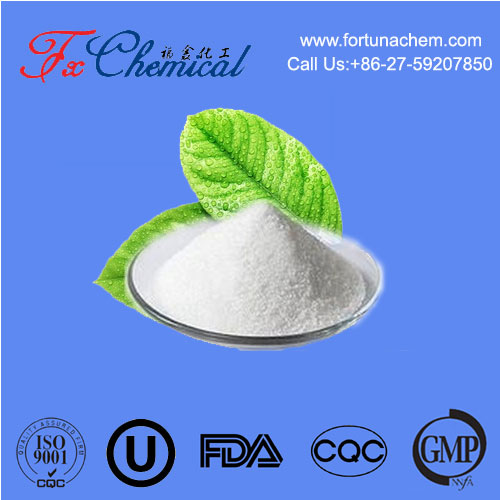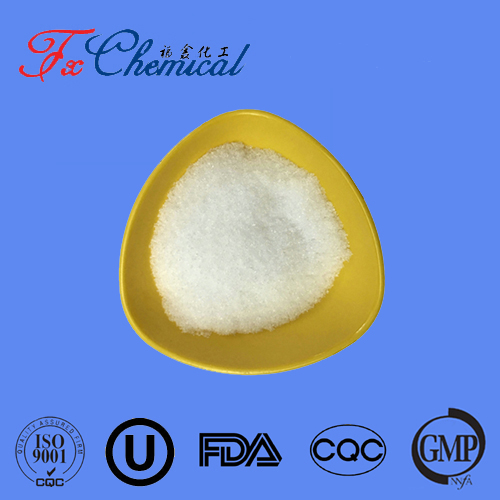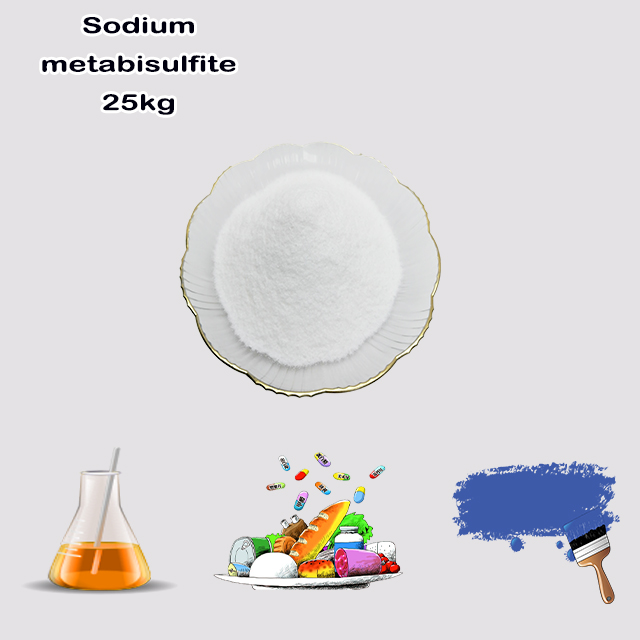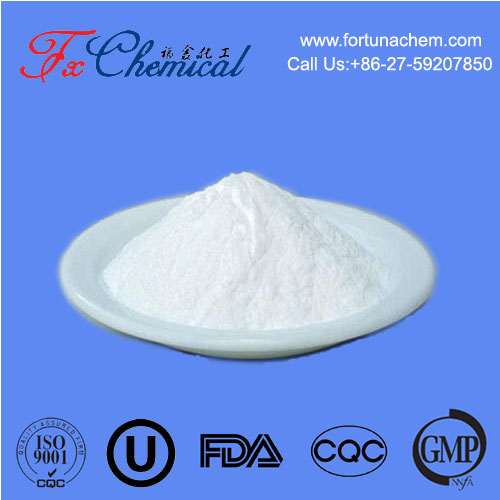
Search

Search

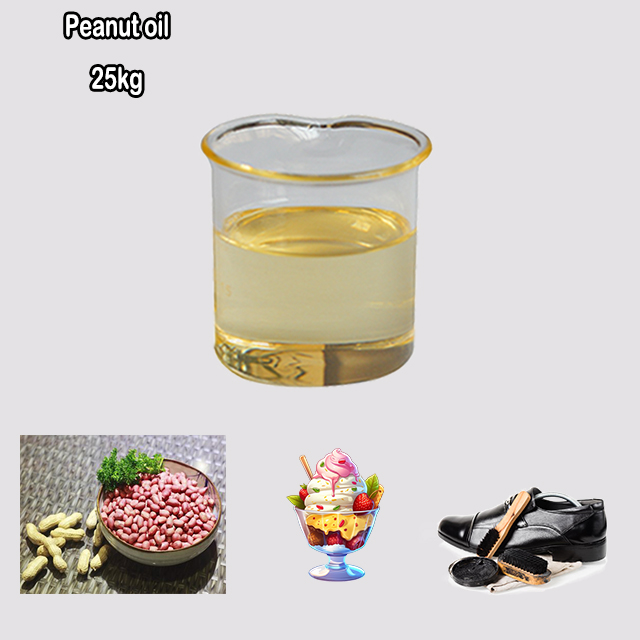

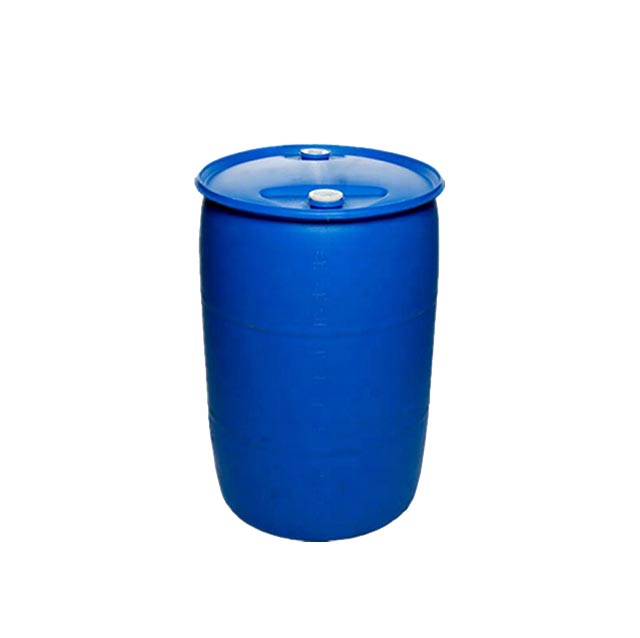
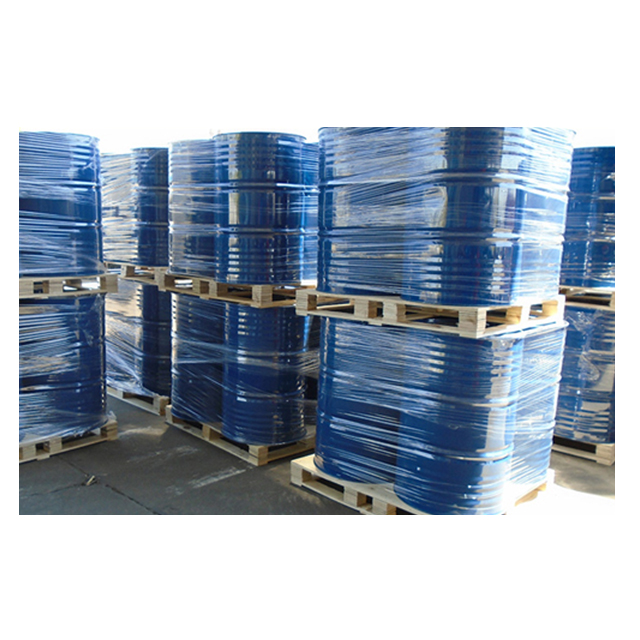
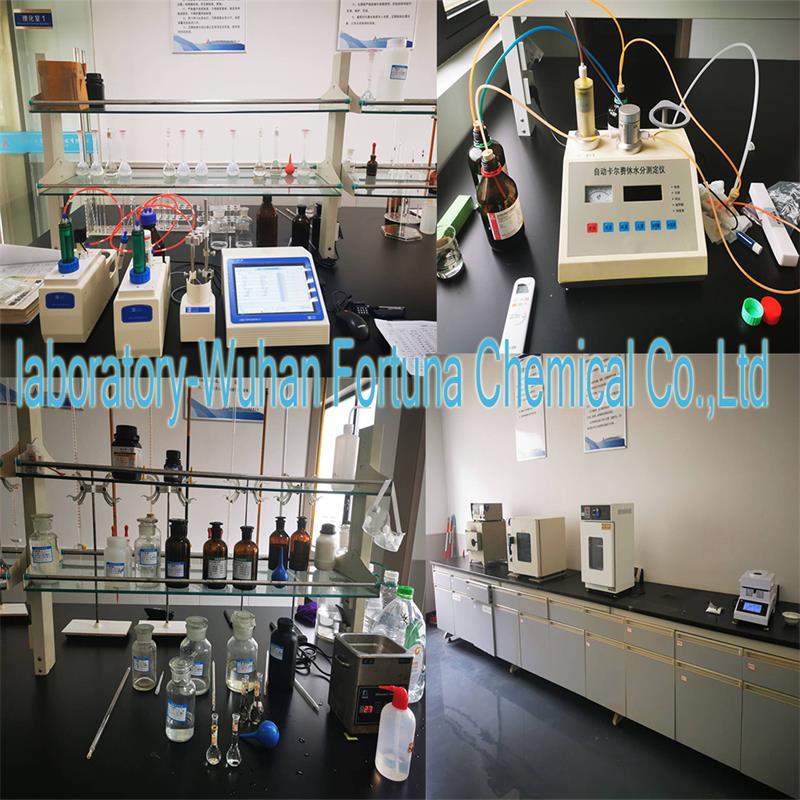





Peanut oil, also known as groundnut oil, is a popular vegetable oil derived from the edible seeds of the peanut plant. It has a light, neutral flavor and a high smoke point, making it exceptionally versatile for cooking methods like frying, sautéing, and stir-frying.
There are two main types:
Refined Peanut Oil: The most common type. The refining process removes the peanut allergens, gives it a neutral taste, and raises its smoke point, making it ideal for high-heat cooking.
Cold-Pressed or Gourmet Peanut Oil: This unrefined version retains a stronger, nutty peanut flavor and is typically used in small amounts to dress salads, finish dishes, or for dipping.
A significant health consideration is that it is a common and potentially severe allergen. Individuals with a peanut allergy must avoid it entirely.
Items | Specifications | Results |
Appearance | This product is a colorless or pale yellow clear oily liquid | Complies |
solubleness | It is slightly soluble in ethanol | Complies |
relative density | 0.914~0.917 | 0.9152 |
refractive index | It should be 1.462 to 1.464 at 40℃ | 1.4634 |
acid value | ≤0.5 | 0.24 |
saponification value | 188~196 | 195 |
iodine value | 84~103 | 96 |
peroxide value | ≤5.0 | 3.7 |
Identification | The retention times of each peak should be consistent with those of the corresponding peaks in the reference solution respectively | Complies |
unsaponifiable matter | ≤1.0% | 0.45% |
impurity | ≤0.05% | 0.03% |
Alkaline impurities | The consumption of 0.01mol/L hydrochloric acid titrant shall not exceed 0.1ml | 0.03ml |
Water | ≤0.1% | 0.04% |
Heavy metals | NMT 10ppm | Complies |
palmitic acid | 7.0%~16.0% | 9.7% |
tetradeconic acid | ≤0.2% | 0.04% |
stearic acid | 1.3%~6.5% | 3.0% |
oleic acid | 35.0%~72.0% | 53.5% |
linoleic acid | 13.0%~43.0% | 26.9% |
arachidic acid | 0.5%~3.0% | 1.3% |
eicosenoic acid | 0.5%~2.1% | 1.2% |
tetracosanoic acid | 0.5%~3.0% | 1.3% |
Total number of aerobic bacteria | ≤100cfu/ml | <10cfu/ml |
Total number of molds and yeasts | ≤100cfu/ml | <10cfu/ml |
E.Coli | not detectable | not detected |
Conclusion | The product complies with the enterprise standards. | |
Peanut oil, also known as groundnut oil, is a popular vegetable oil extracted from the edible seeds of the peanut plant (Arachis hypogaea). It is a staple in many global cuisines—notably Chinese, South Asian, and Southeast Asian cooking—and is valued for its high smoke point and versatile flavor profile. Its composition and properties can vary significantly depending on how it is processed.
There are several primary types of peanut oil, distinguished by their processing method:
Refined Peanut Oil: This is the most common variety on supermarket shelves. The refining process involves cleaning, crushing, and heating the peanuts, followed by chemical extraction and filtering. This method removes impurities and, crucially, the peanut proteins that cause allergic reactions. The result is an oil with a neutral flavor, a light color, and a high smoke point of around 450°F (232°C), making it ideal for high-heat cooking.
Cold-Pressed or Unrefined Peanut Oil: Produced by mechanically pressing peanuts without using high heat or chemicals, this method retains much of the peanut's natural flavor and nutrients. It has a distinct nutty aroma and taste, a darker color, and a lower smoke point. It is best used for low-heat cooking or as a finishing oil.
Gourmet Roasted Peanut Oil: A specialty oil where the peanuts are roasted before being pressed. This intensifies the nutty flavor dramatically, making it a powerful condiment for drizzling over stir-fries, noodles, or salads to add a deep, toasty flavor.
Peanut oil's properties make it exceptionally versatile in the kitchen:
High-Heat Cooking: Its high smoke point makes refined peanut oil an excellent choice for deep-frying, stir-frying, and sautéing. It allows food to cook quickly and evenly while developing a crisp texture without absorbing an overpowering flavor.
Flavor Enhancement: While refined oil is neutral, unrefined and roasted peanut oils are used as flavoring agents in marinades, salad dressings, and dipping sauces.
Peanut oil is 100% fat and is a source of various fatty acids:
It is rich in monounsaturated fats (MUFAs), specifically oleic acid, which is considered heart-healthy and may help reduce LDL ("bad") cholesterol levels.
It contains a significant amount of polyunsaturated fats (PUFAs), primarily the omega-6 linoleic acid, and a smaller amount of saturated fat.
It is a good source of Vitamin E, a powerful antioxidant that protects cells from damage.
However, its high omega-6 content is a point of discussion among nutritionists. While essential, a diet with an excessively high omega-6 to omega-3 ratio may promote inflammation. Therefore, consumption should be balanced within a healthy diet.
This is the most important safety consideration. Highly refined peanut oil is generally considered safe for most individuals with a peanut allergy because the allergenic proteins have been removed. However, cold-pressed, unrefined, or gourmet peanut oils still contain these proteins and pose a severe, life-threatening risk to anyone with a peanut allergy. Always check the label and consult with a physician if uncertain.




Fortunachem Provides Not Only Professional Chemical Products But Also Professional Help
Keeping you up-to-date with all the latest information, news, and events about Fortunachem!

Quick Links
Add:
E-mail:
 English
English  Español
Español  français
français  العربية
العربية 